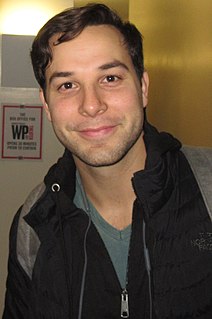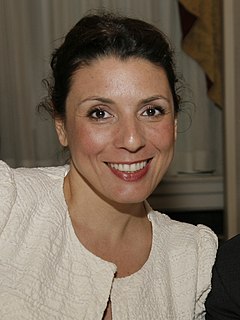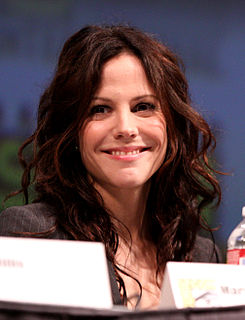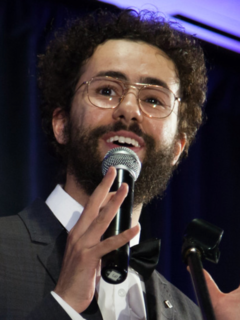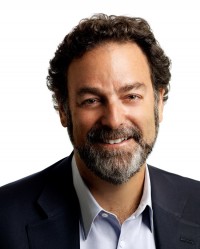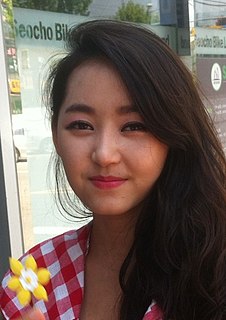A Quote by Ben Rhodes
We don't have to kind of be in cycles of conflict if we can find other ways to resolve these issues. We can do things that challenge the conventional thinking that, you know, 'AIPAC doesn't like this,' or 'the Israeli government doesn't like this,' or 'the Gulf countries don't like it.' It's the possibility of improved relations with adversaries.
Related Quotes
When you have a conflict, that means that there are truths that have to be addressed on each side of the conflict. And when you have a conflict, then it's an educational process to try to resolve the conflict. And to resolve that, you have to get people on both sides of the conflict involved so that they can dialogue.
He is someone who is involved in the Israeli-Palestinian conflict in a fundamental way. Let's start with who Dani Dayan is. He was the former head of one of the main settler councils, the Yesha Council, which is a kind of umbrella organization for settlements in the occupied West Bank. Now, you know, for some countries this might not be an issue, but Brazil has made a point of its policies on the Israeli-Palestinian issue.
I think that what started out as a European Union originally was probably a really wonderful and world-changing idea, the idea of a kind of cooperation and interdependence between countries. But the idea that individualization would work on common ground, not on conflict, not against each other, but to find how each benefitted from the other I thought was an incredibly hopeful and positive possibility.
...by serving as the dominant power in the Gulf, WE maintain a 'stranglehold' over the economies of other nations. This gives us extraordinary leverage in world affairs, and explains to some degree why states like Japan, Britain, France, and Germany - states that are even more dependent on Persian Gulf oil than we are - defer to Washington on major international issues (like Iraq) even when they disagree with us.
When we strengthen our relations with the Gulf states, when we cooperate with the Arabs, everybody asks if we are looking for a new geopolitical place. But in the Middle East and the Gulf, you can find German, French and British goods everywhere. German relations to these states are very good, as are English and French relations. Does this make them Arab-oriented?
What you need to know about North Korea is that it's not like other countries like Iran or Cuba. In those countries, you have some kind of understanding that they are abnormal, they are isolated and the people are not safe. But North Korea has been so completely purged from the rest of the world, it's literally a Hermit Kingdom.



